DEARBORN – Members of the Arab American community met with U.S. Customs and Border Protection (CBP) officials to discuss ongoing efforts to improve the treatment of Arab and Muslim American communities at ports of entry.
The roundtable discussion at the Lebanese American Heritage Club (LAHC) on Friday, June 24, was also attended by U.S. Attorney Dawn Ison, a President Biden appointee, and members of BRIDGES (Building Respect in Diverse Groups to Enhance Sensitivity).
BRIDGES brings together local communities and state, local and federal law enforcement agencies to coordinate on issues ranging from the no fly list, TSA practices and CBP border inspections to FBI informants.
BRIDGES co-chair Nasser Beydoun led the meeting. Baydoun is also the board chairman of the Arab American Civil Rights League (ACRL), a long-running Arab American civil rights group that has represented the community in prominent discrimination cases. Founder Nabih Ayad was also in attendance.
From CBP leadership, Chris Perry, director of field operations, as well as Youssef Fawaz, public affairs/border community liaison with the CBP’s Detroit Field Office, attended the meeting.
Also in attendance from the CBP were Executive Assistant Commissioner Pete Flores and Chief of Staff Jacob Mayer from the Office of Field Operations in Washington D.C.; Andrew Douglas, assistant director of field operations at the Detroit Field Office; Devin Chamberlain, port director at the Port of Detroit and Robert Larkin, port director at the Port of Detroit Metropolitan Airport.
The Arab American News Publisher Osama Siblani took part in coordinating the meeting and spoke about community issues at it.
Siblani and other community leaders have been in discussions with the Department of Homeland Security (DHS) and CBP leadership in Detroit for months on finding resolutions to ongoing cases of discriminatory practices faced by community members at border crossings.
With a new White House administration and a new DHS secretary, Alejandro Mayorkas, several meetings have occurred in Dearborn regarding the CBP’s border policies over the last few months.
These meetings have culminated in two tours of CBP operations at commercial and traveler port of entries, as well as the creation of a new senior community relations position within the CBP to act as a liaison to address community concerns.
During those tours, CBP officials informed community leaders on how CBP personnel monitor travelers at ports of entry, but also ensure goods coming across the borders passed safety protocols at commercial entry points.
Detroit has one of the busiest commercial ports of entry in the country.
“Myself and some of my colleagues here had met with at least four DHS secretaries in the past, and the last meeting with Secretary Mayorkas was very productive,” Siblani said.
Siblani said Mayorkas followed through with commitments to create a better channel between communities and the DHS to attend to travel concerns.
Nawar Shora has been selected for the position. He introduced himself to community members in Dearborn at the June 24 meeting.
The CBP says Shora will work to enhance dialogue on relevant CBP policies and operations and help address community concerns and resolve emerging issues. He will also be involved in the training CBP officers receive on engaging with the public.
Shora has delivered such in-person trainings to more than 100,000 professionals, including intelligence analysts, law enforcement officers and university professors and students. He has also has taught at the FBI Academy, National Counterterrorism Center, Terrorist Screening Center and more.
Shora is also tasked with passing along community concerns about border treatment to CBP leadership. He has a background in civil rights law, working for the American-Arab Anti-Discrimination Committee (ADC).
“This position dovetails with my background and I am excited to work with the community to be hand-in-glove with the field office (of the CBP),” he said. “There’s nothing broken for us to be fixing, but there’s always room for improvement. I want to make sure to be there for the community.
Though the best way to report an incident of discrimination at a border is to file a complaint directly with the CBP, BRIDGES and the community will have a liaison in Shora to check into the progress of those cases. Shora said he wants to streamline communications between the local population and CBP headquarters in D.C.
Slow progress on “watchlist”
Shora said though he is tasked with streamlining the process of bringing community concerns over CBP practices at airports, the CBP itself is not in charge of the so-called “terrorist watchlist” that is at the core of discriminatory travel screenings and travel restrictions.
Though the community has this resource due to prior efforts of BRIDGES, the best practice remains in filing an official complaint with the CBP in cases of obvious and egregious discrimination.
Historically, millions of travelers —including American citizens — on the watchlist do not have a way to find out why they’re on the list in the first place, let alone a way to defend themselves and be cleared to travel easily.
“This community has really had enough of the many, many years of the profiling against Arab and Muslim Americans, especially in this location of the country, being the largest concentrations of those communities in the nation,” Ayad said at the meeting. “In the past, if you want to removed from this profile list, its been a battle and not everyone has the resources to raise a federal claim.”
The watchlist has restricted air travel for scores of Muslim Americans, including many from the local Arab American population, and has seen legal challenges, with experts detailing the list’s unconstitutionality.
That watchlist comes out of the FBI itself and officials at the meeting suggested further meetings about it. Ison said a reevaluation of the watchlist could be a legislative matter and bears further exploration. She promised more focused meetings on the matter.
Also in attendance was FBI Detroit Division Assistant Special Agent in Charge Josh Hauxhurst.
Though several agencies have access to the watchlist, which means they can reference the list as well as add people to it, the FBI has a role to play in the center that operates the list.
Hauxhurst said he has heard of concerns regarding the watchlist and has personally looked into individual cases, but the process to get people off that list remains a challenge.
“Our goals are the same as yours, we want to mitigate (threats), we want to know who the bad people are and get the good ones off the watchlist, ” Hauxhurst said “…How we get there, I think we’re still trying to work that out.”
Beydoun told The Arab American News though there have been several meetings of this sort in the past, the meeting was significant in a number of ways.
“We were able to get CBP to understand and respond to the community’s concerns regarding a lot of the issues it was facing at ports of entry,” he said. “Prior to the meeting, we did a tour with the CBP and they explained that at the airport and at the bridge, and gave us a better understanding, of what they do and how they do it.”
Beydoun said more than 30 agencies have access to the list and any one of them can get someone on it, but it take all of them to get them off the list.
“The watchlist is still a problem; we can’t seem to have a clear-cut way to get someone that’s on the watchlist, but is not guilty of anything off the watchlist,” Beydoun said. “We’re still fighting that fight; I don’t think we’ve made much progress.”


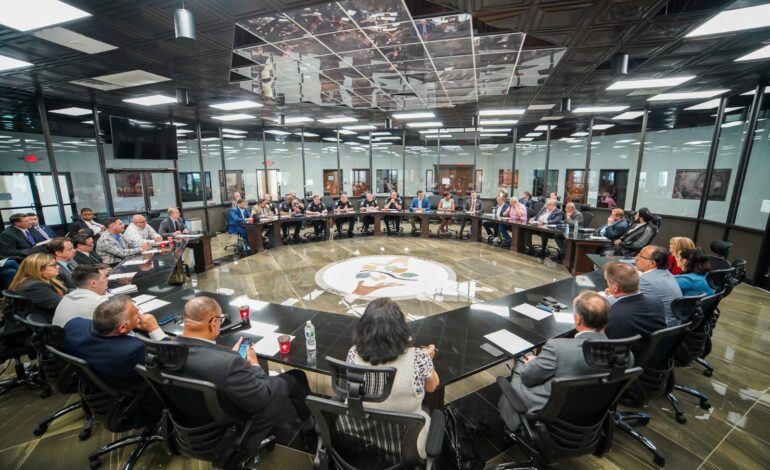
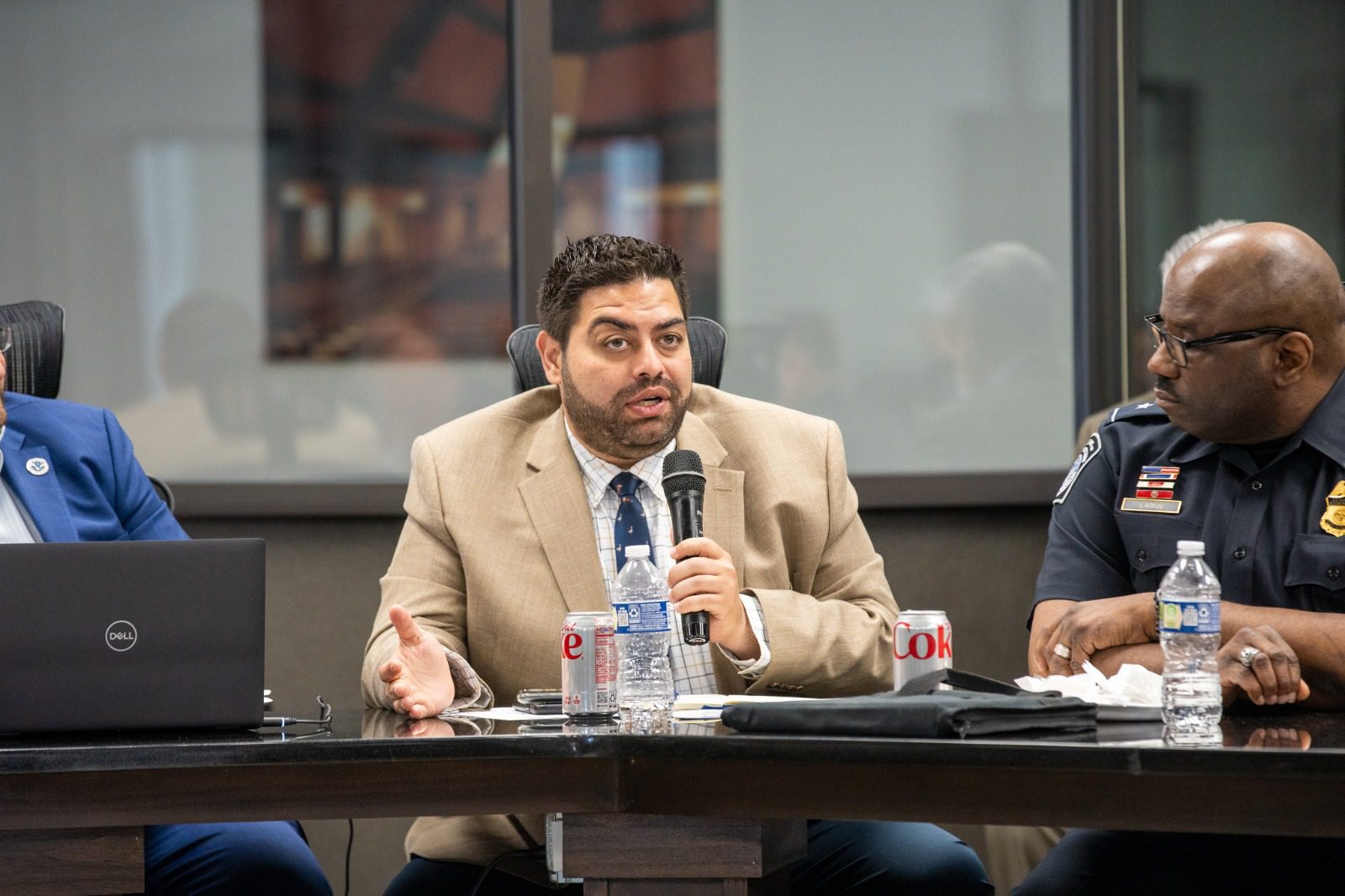
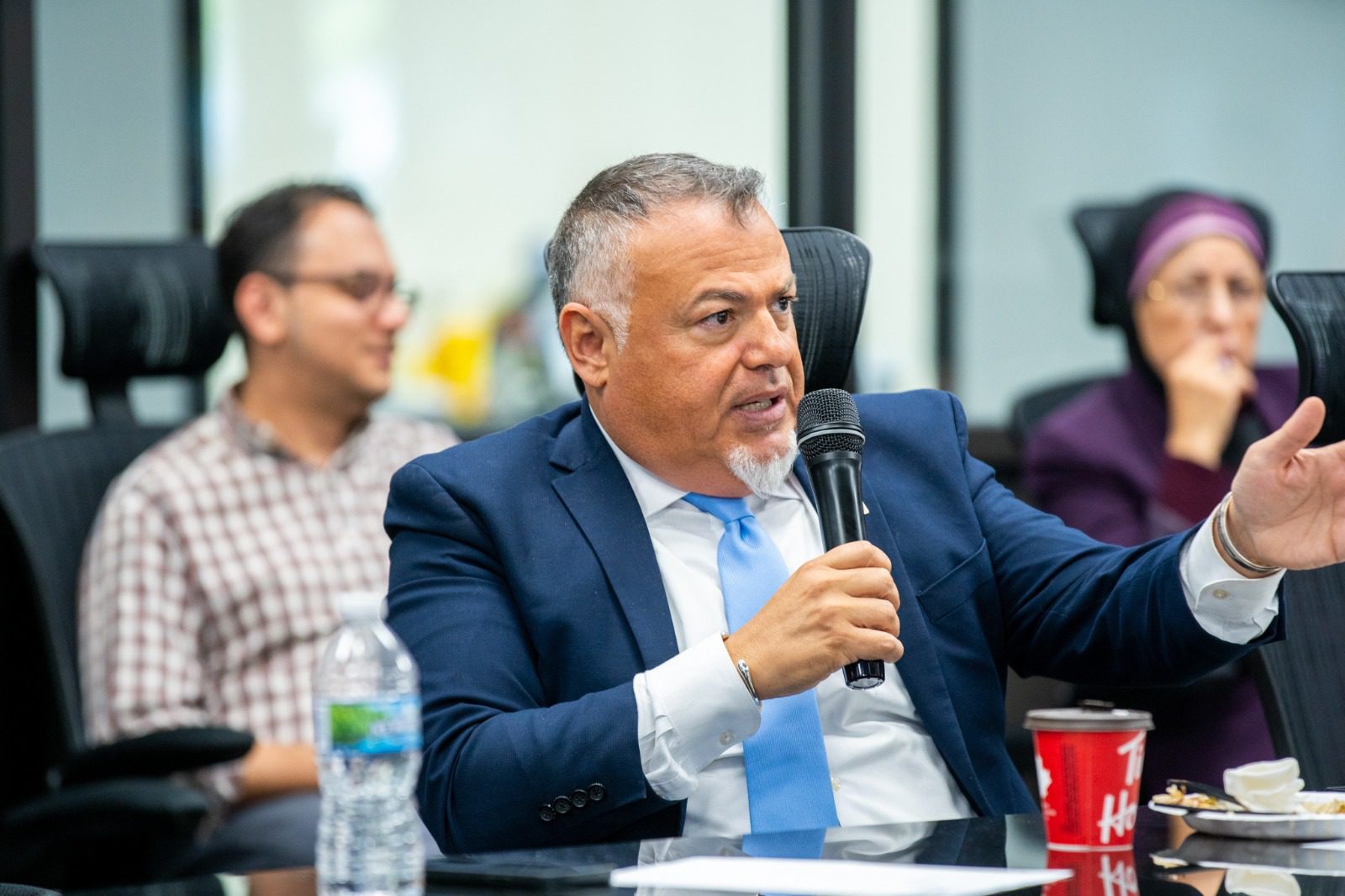
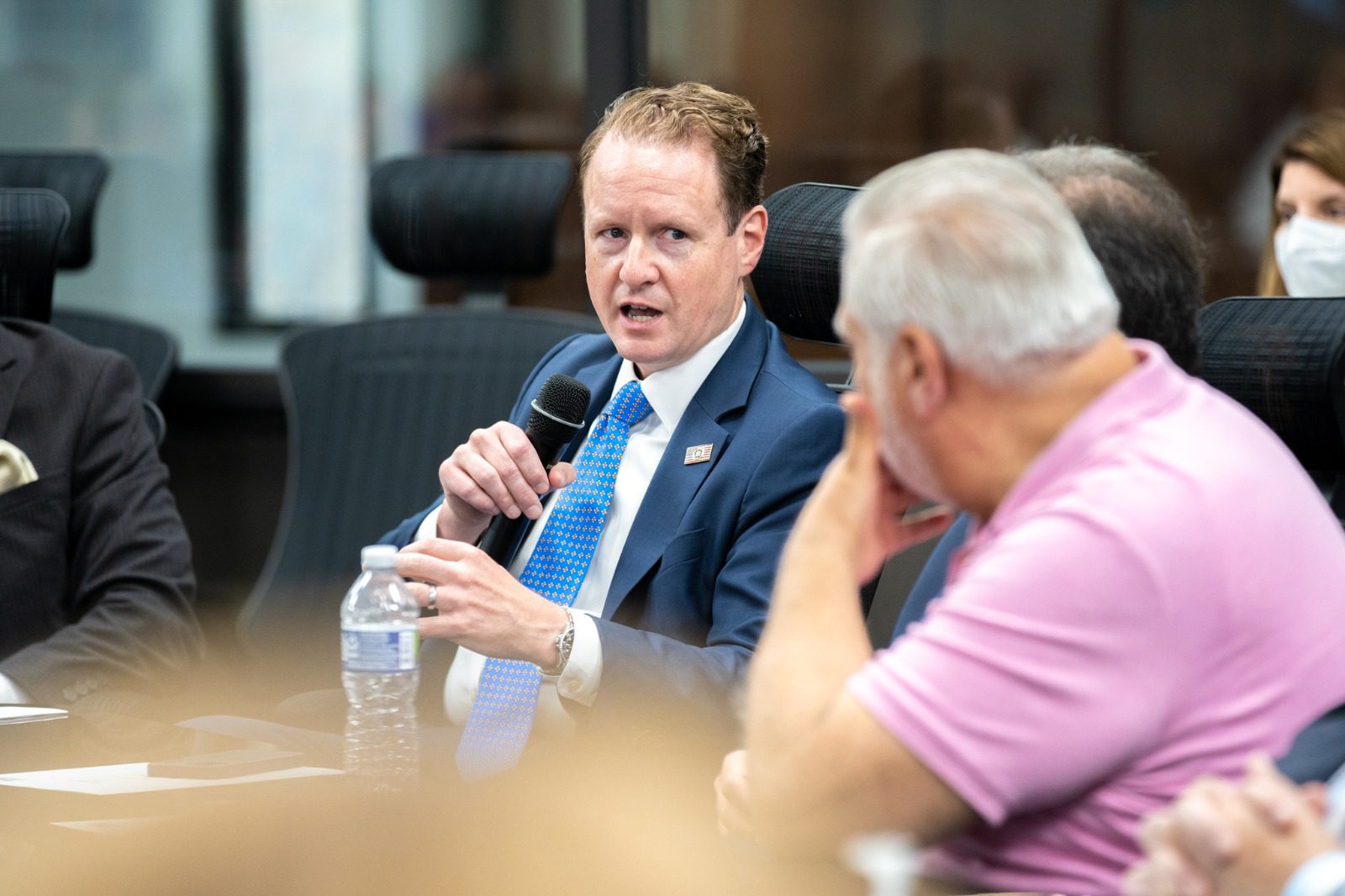
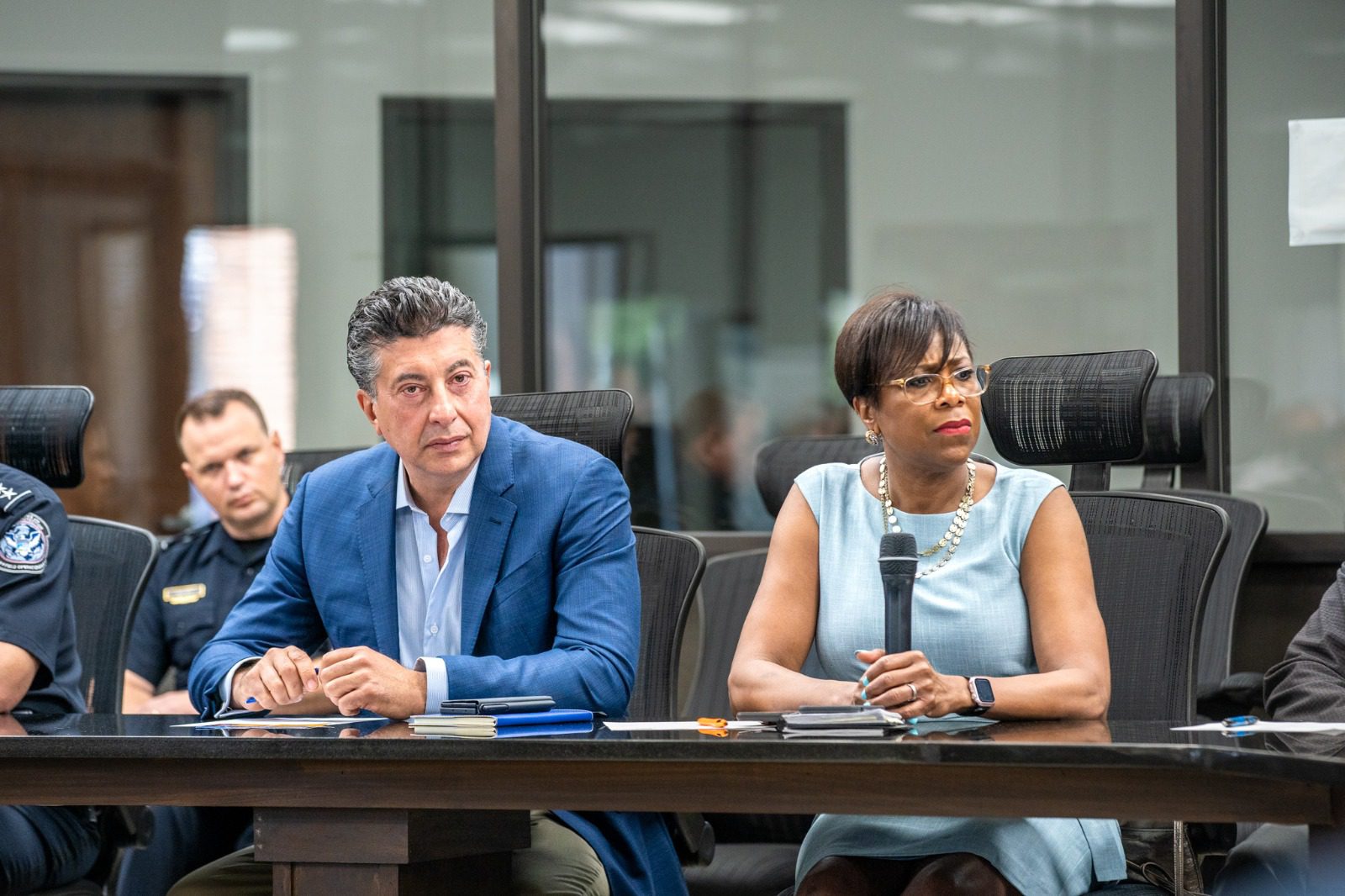
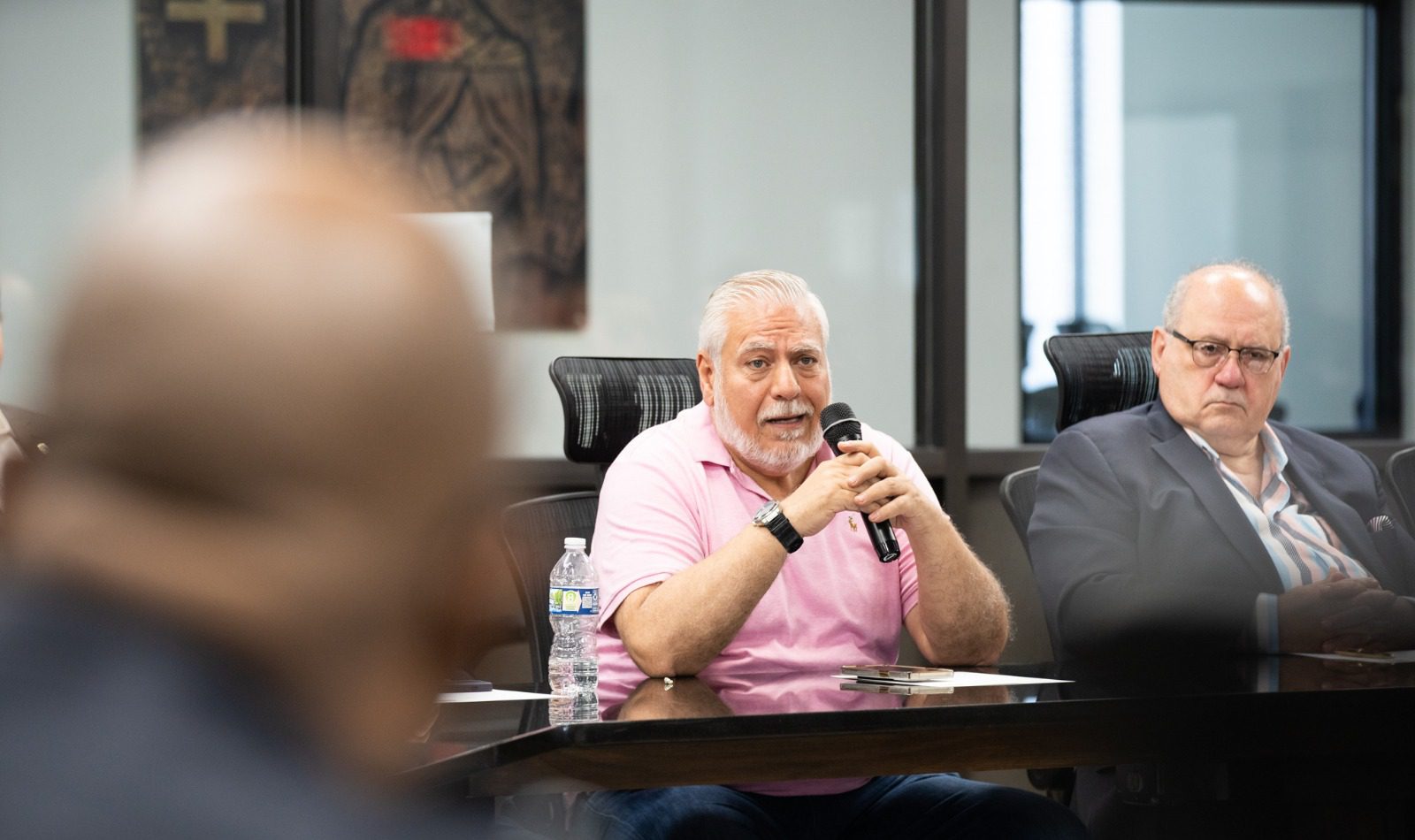
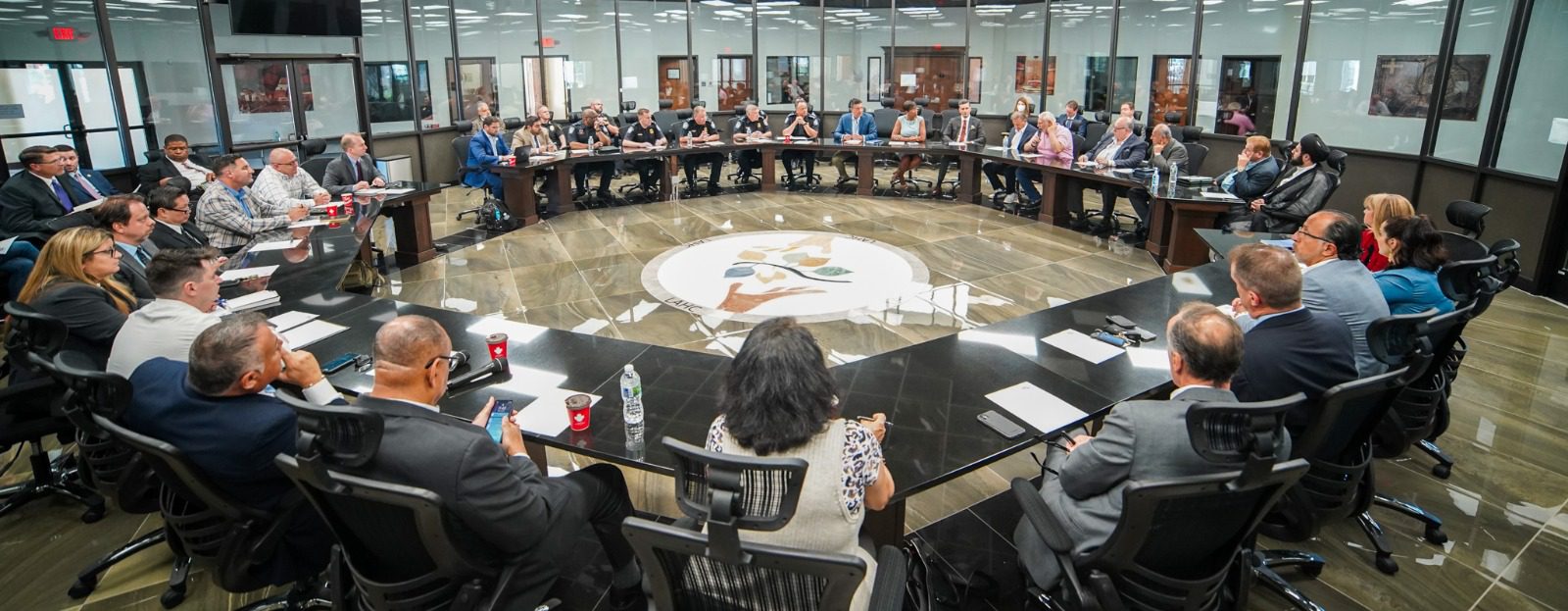
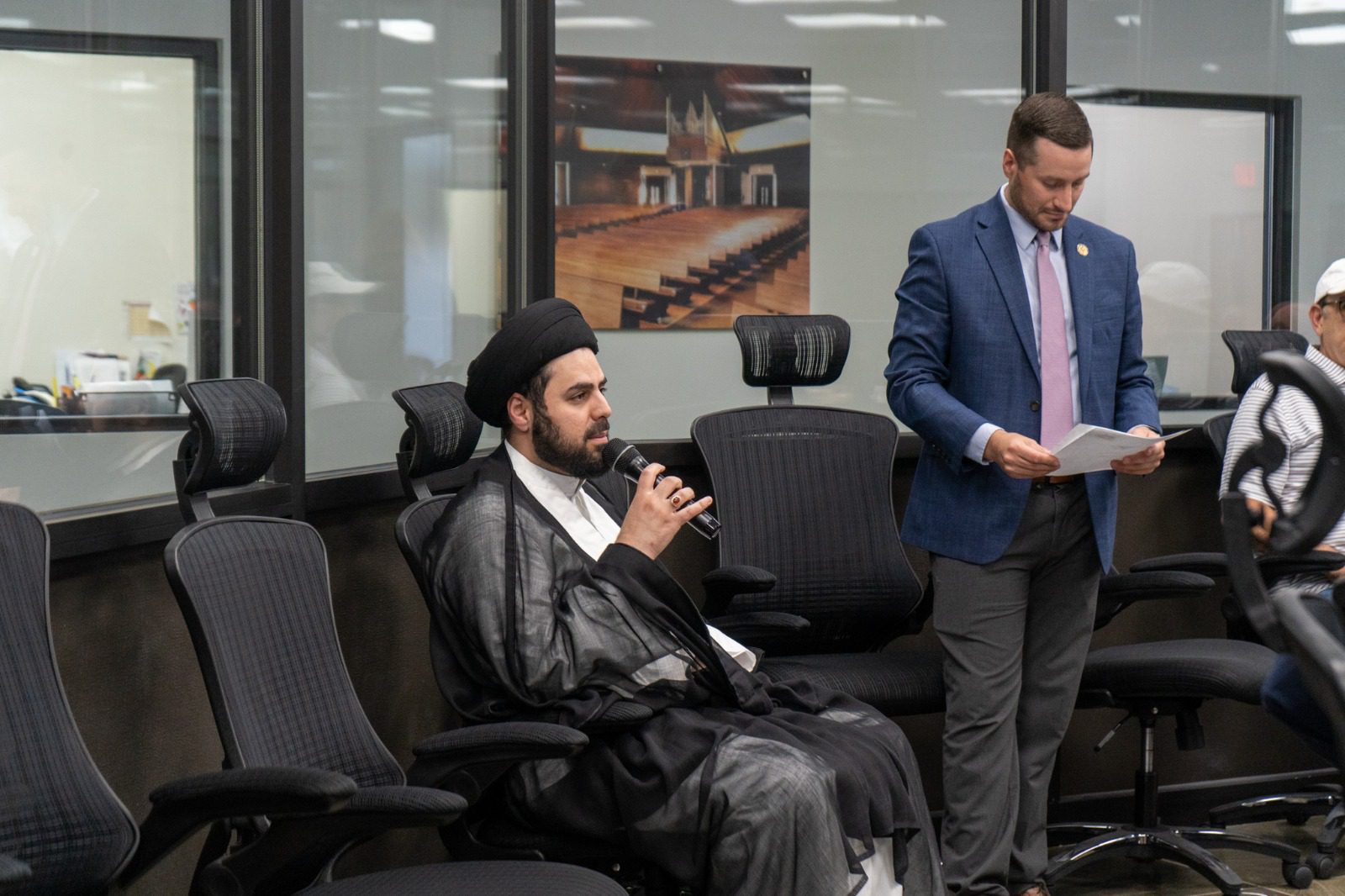
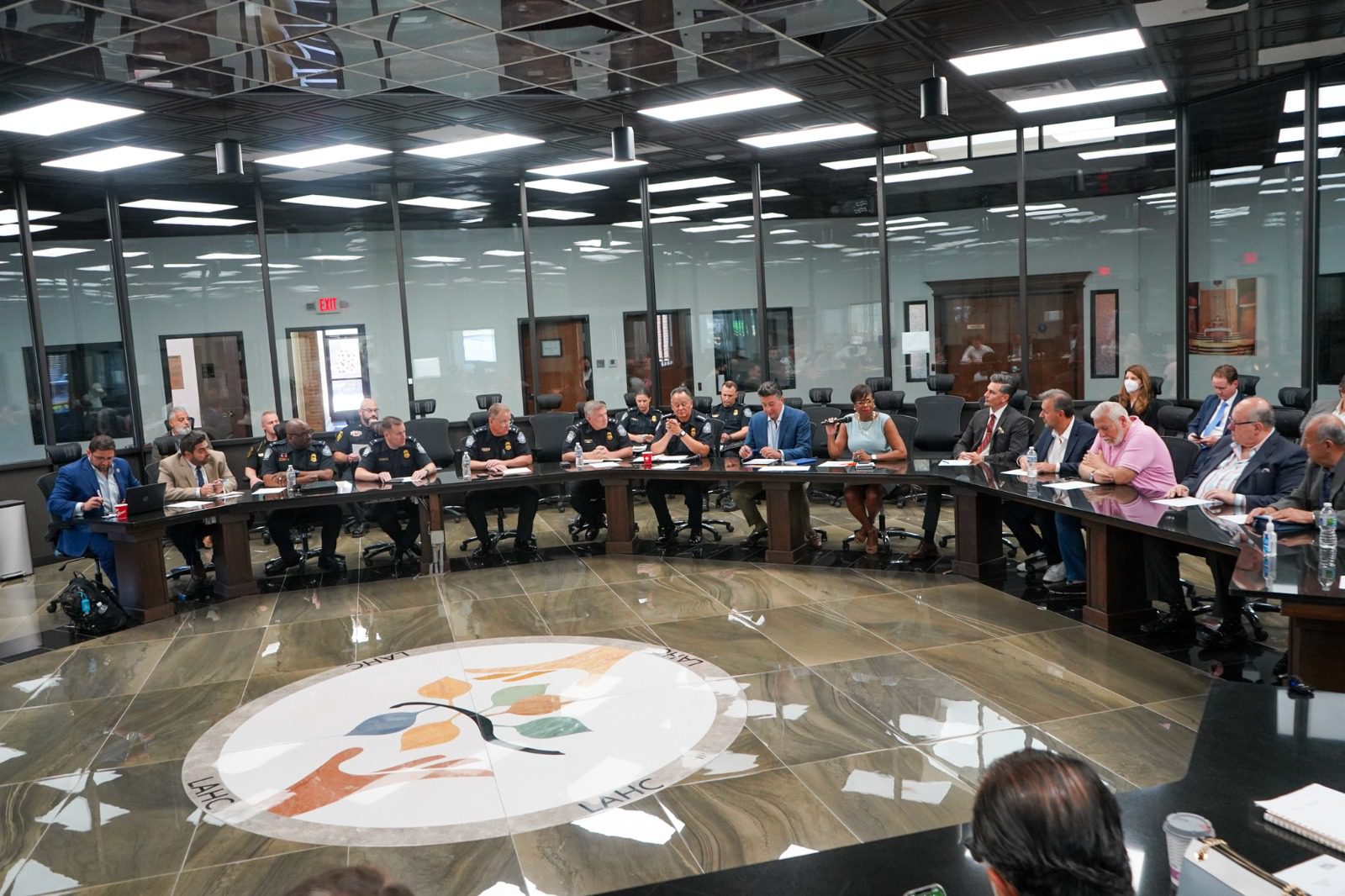
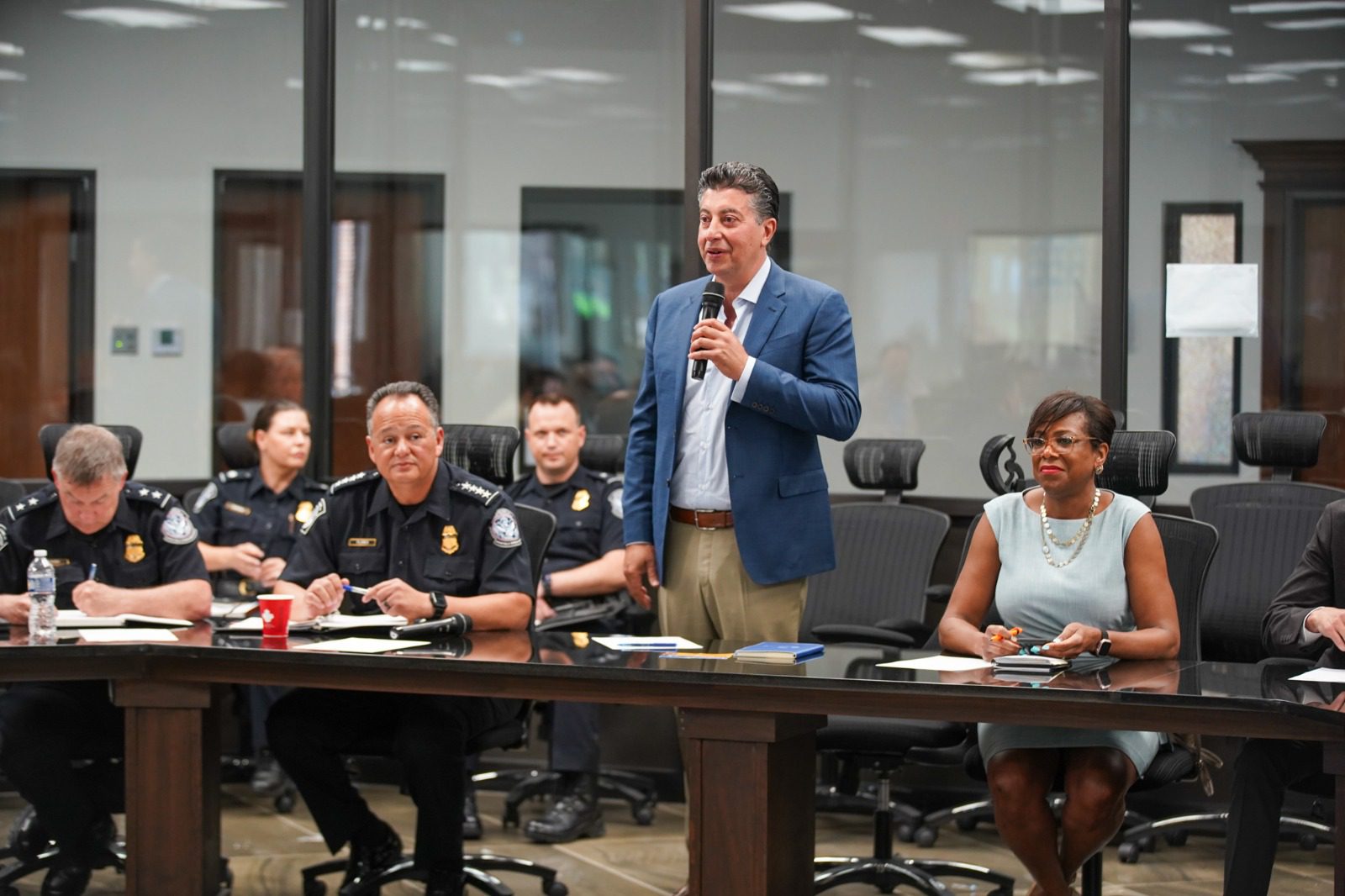
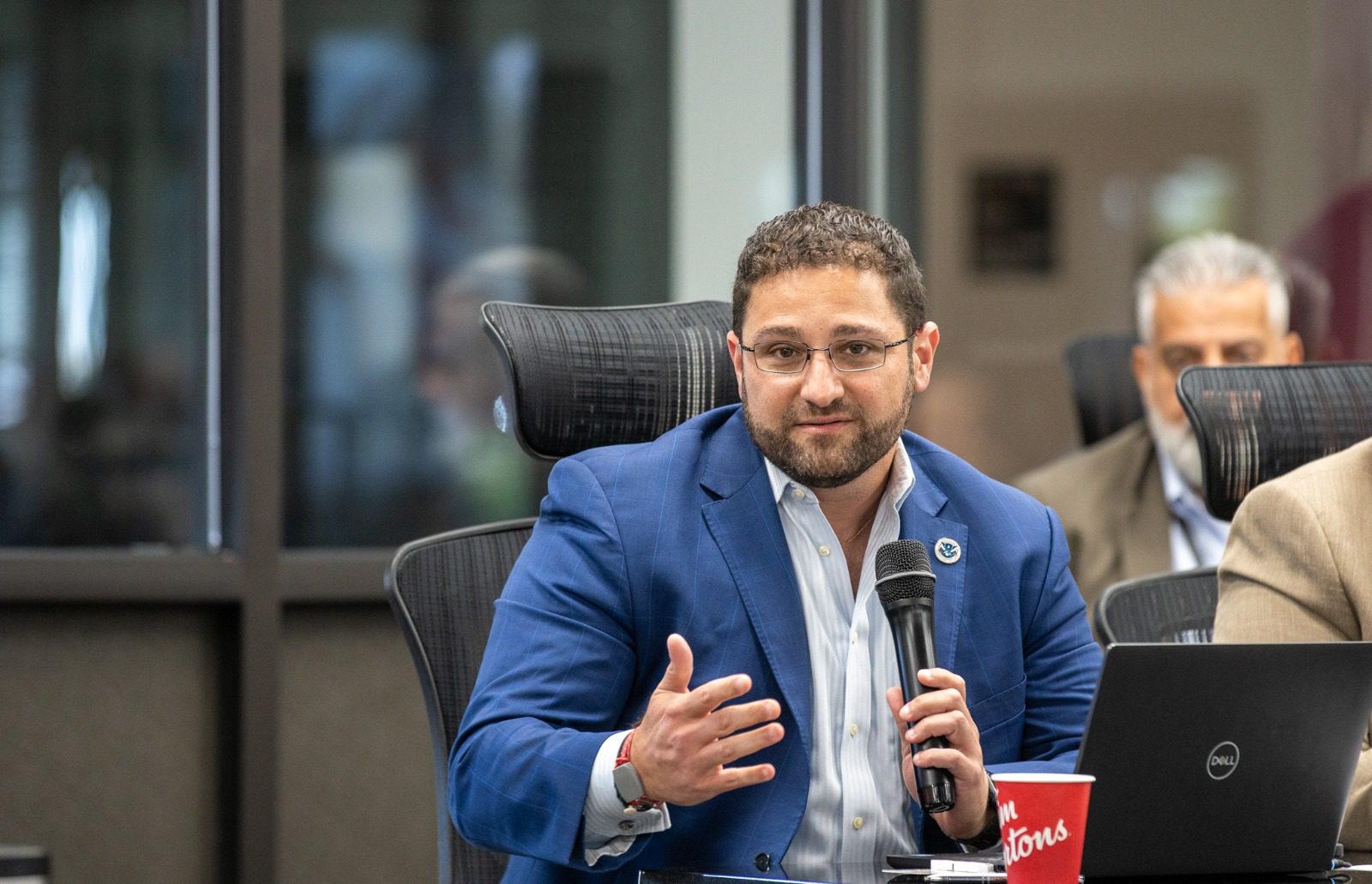
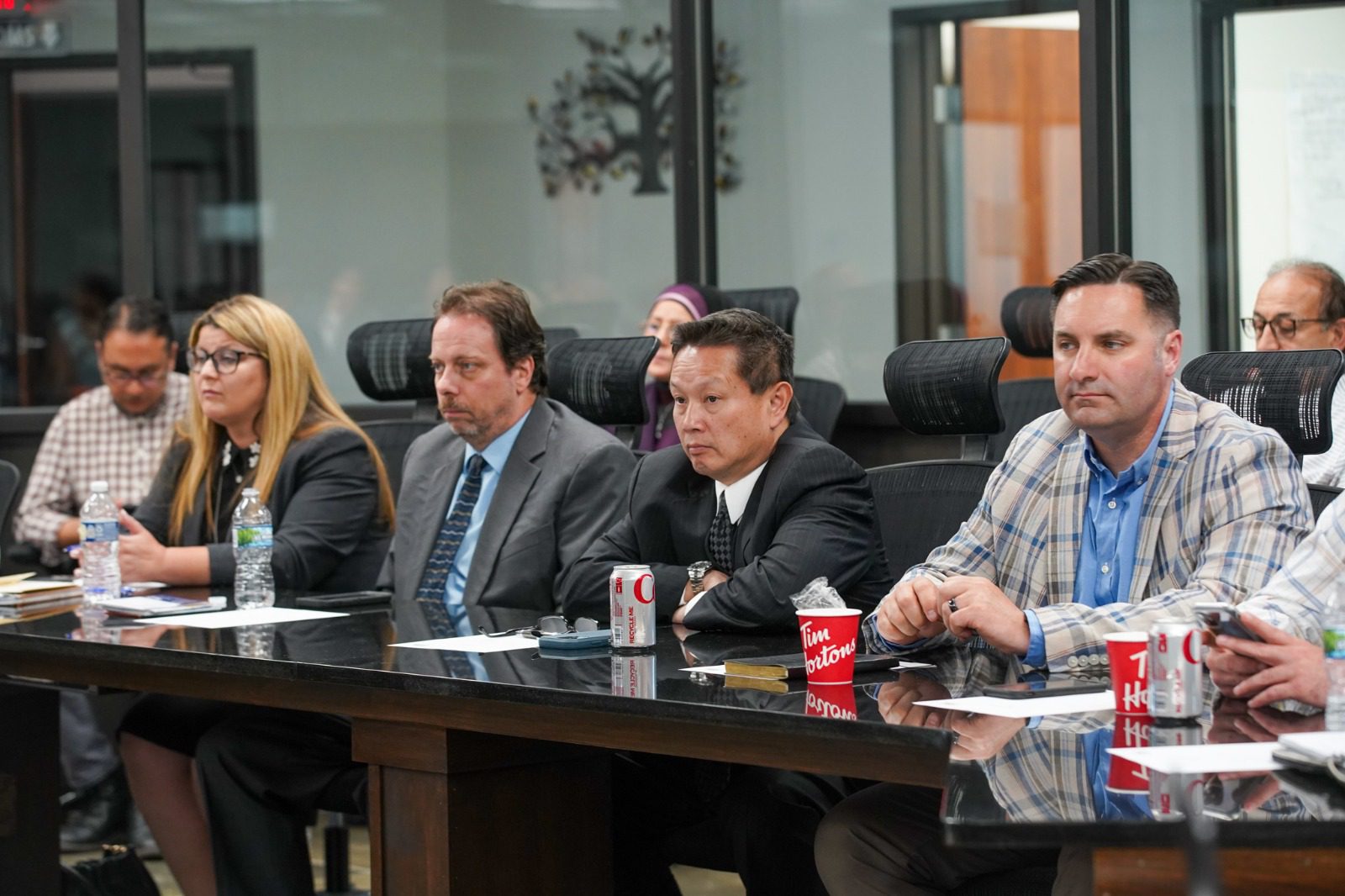
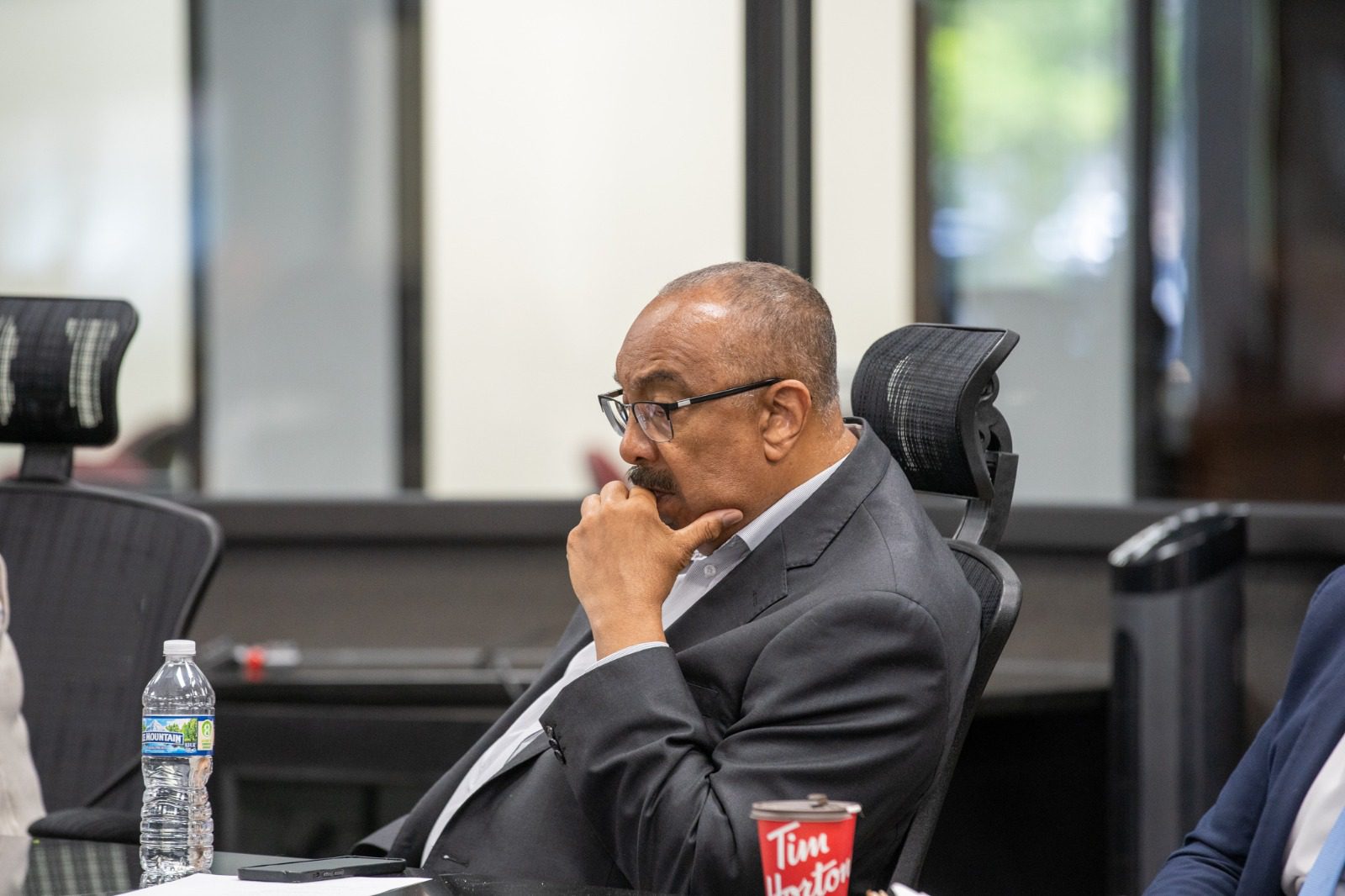
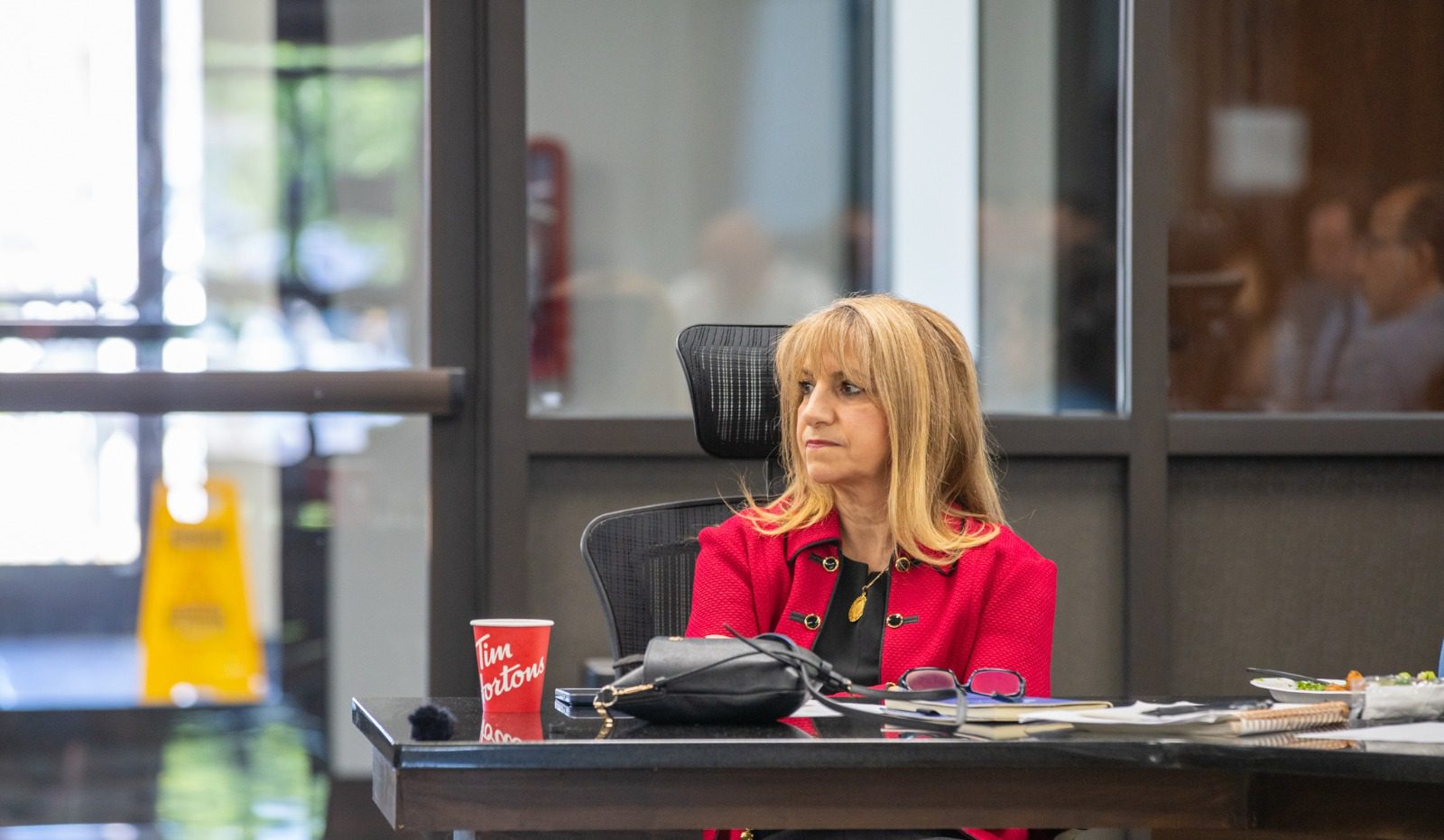
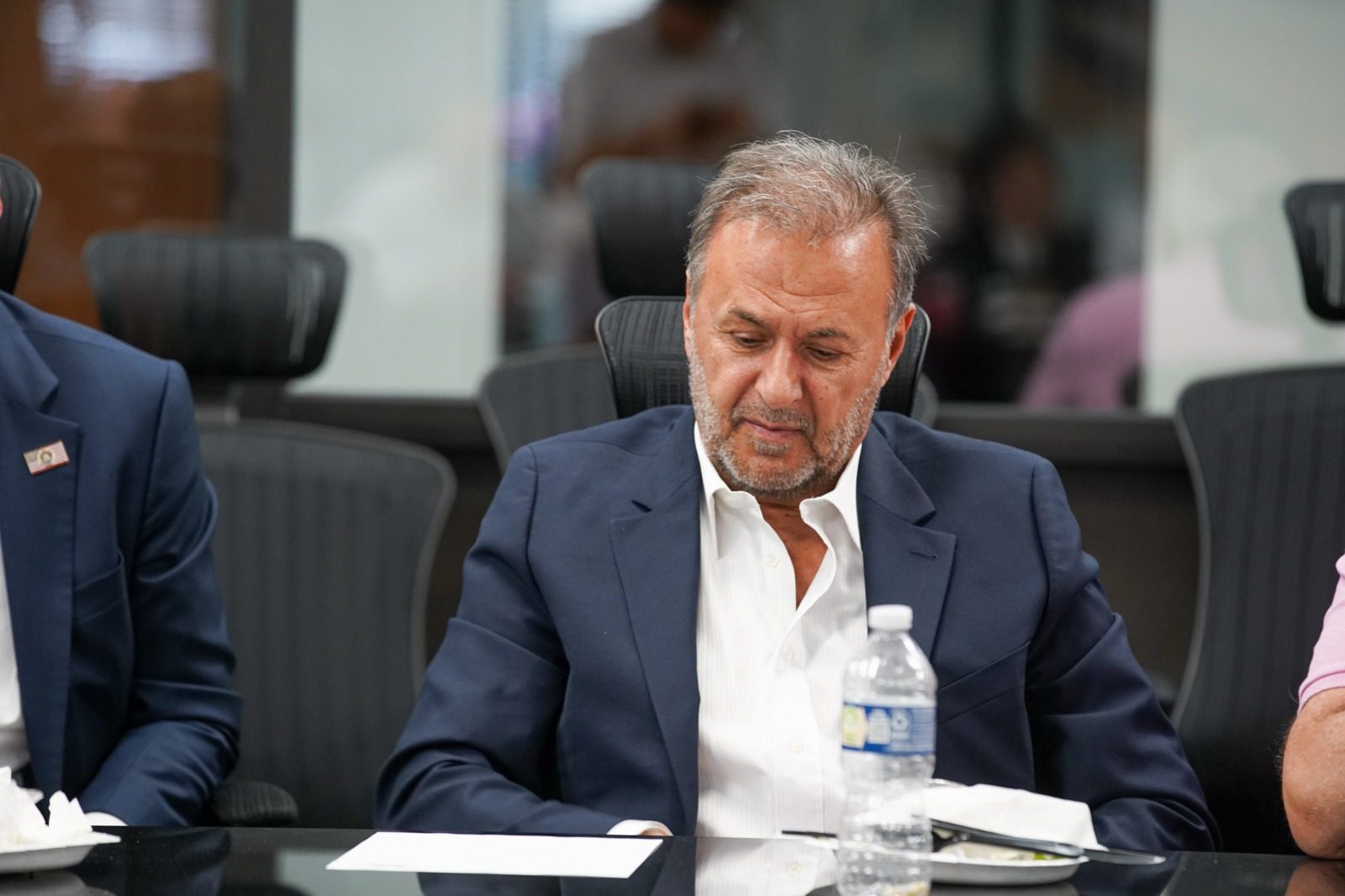
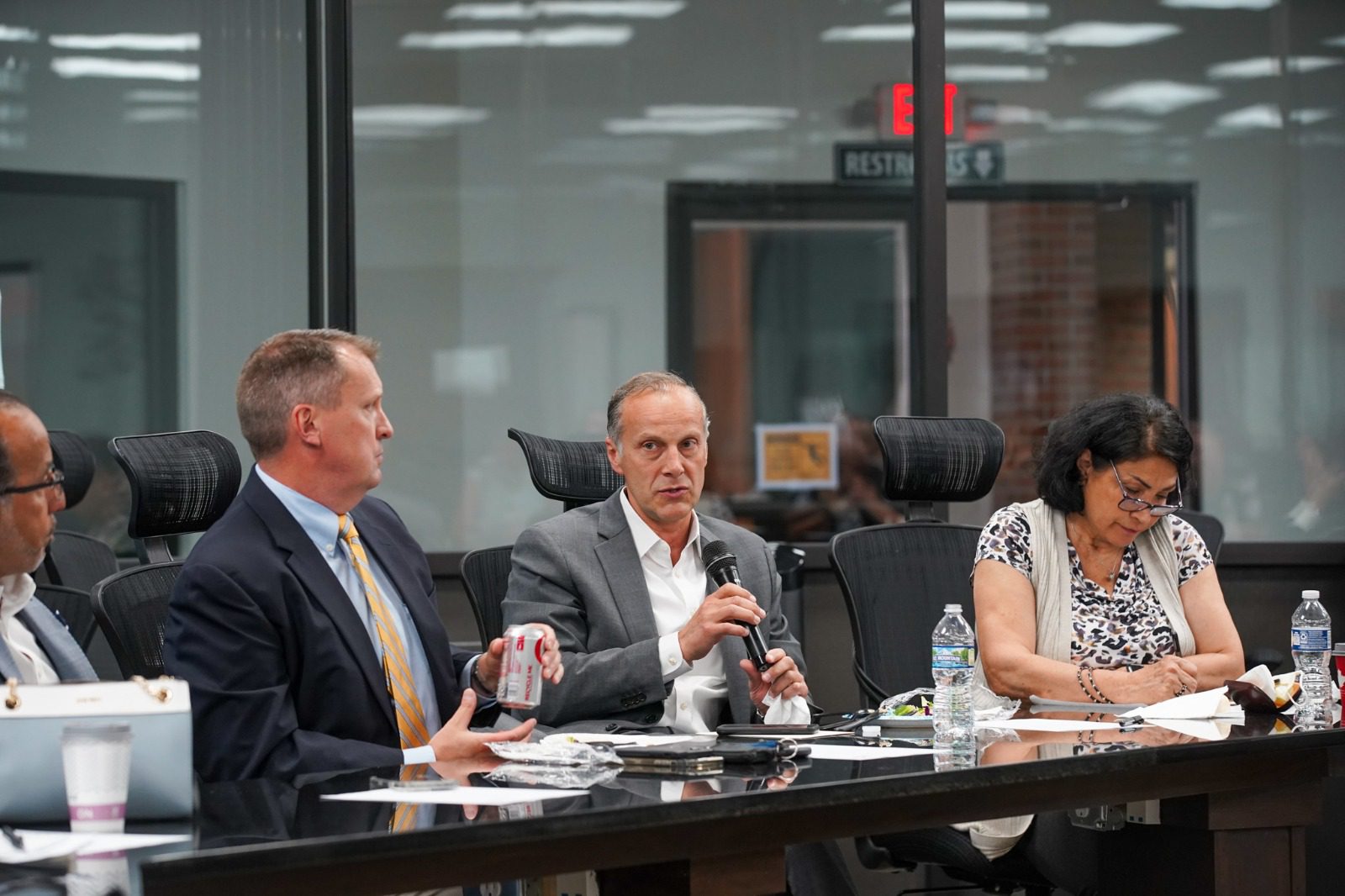
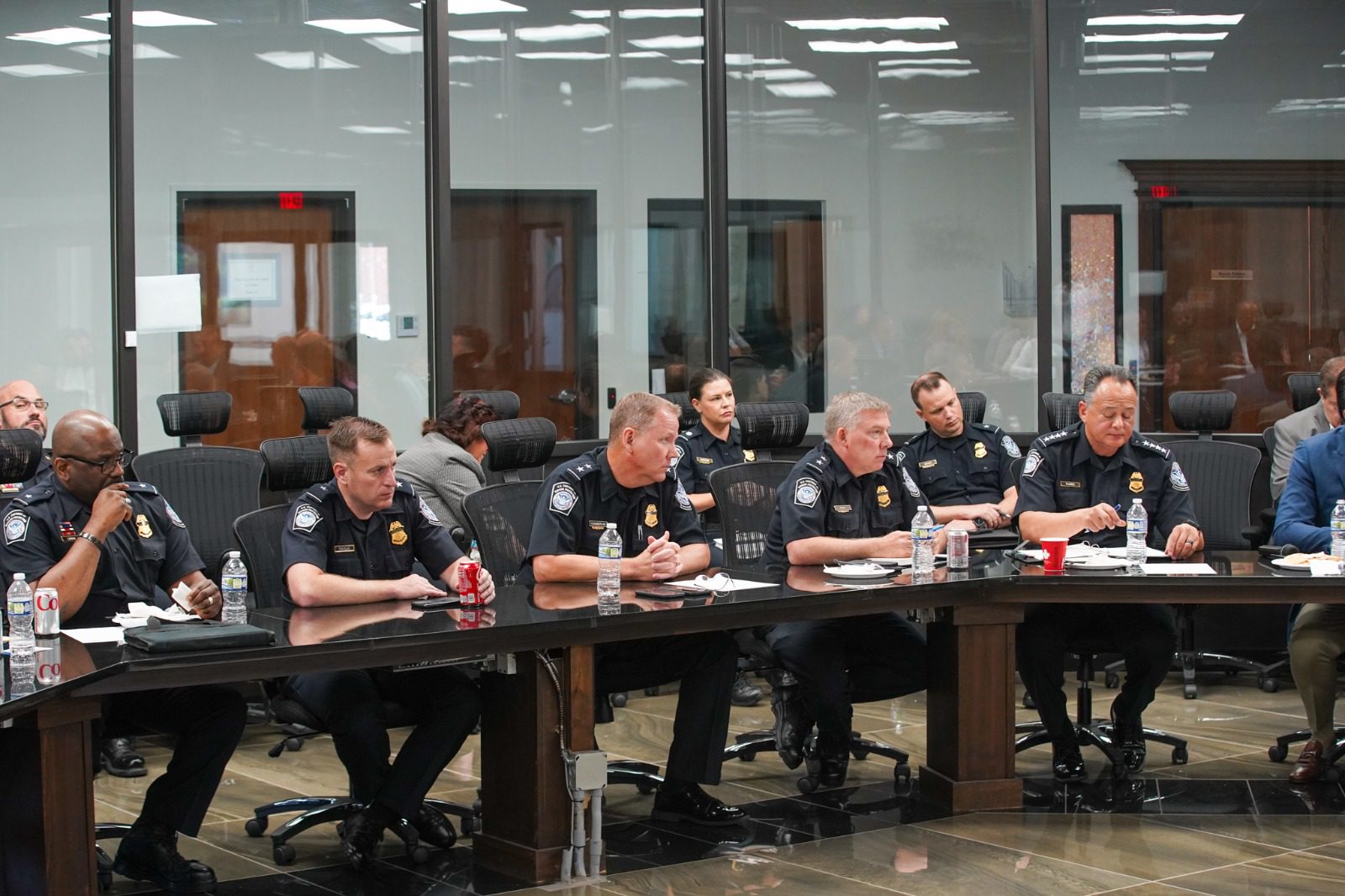
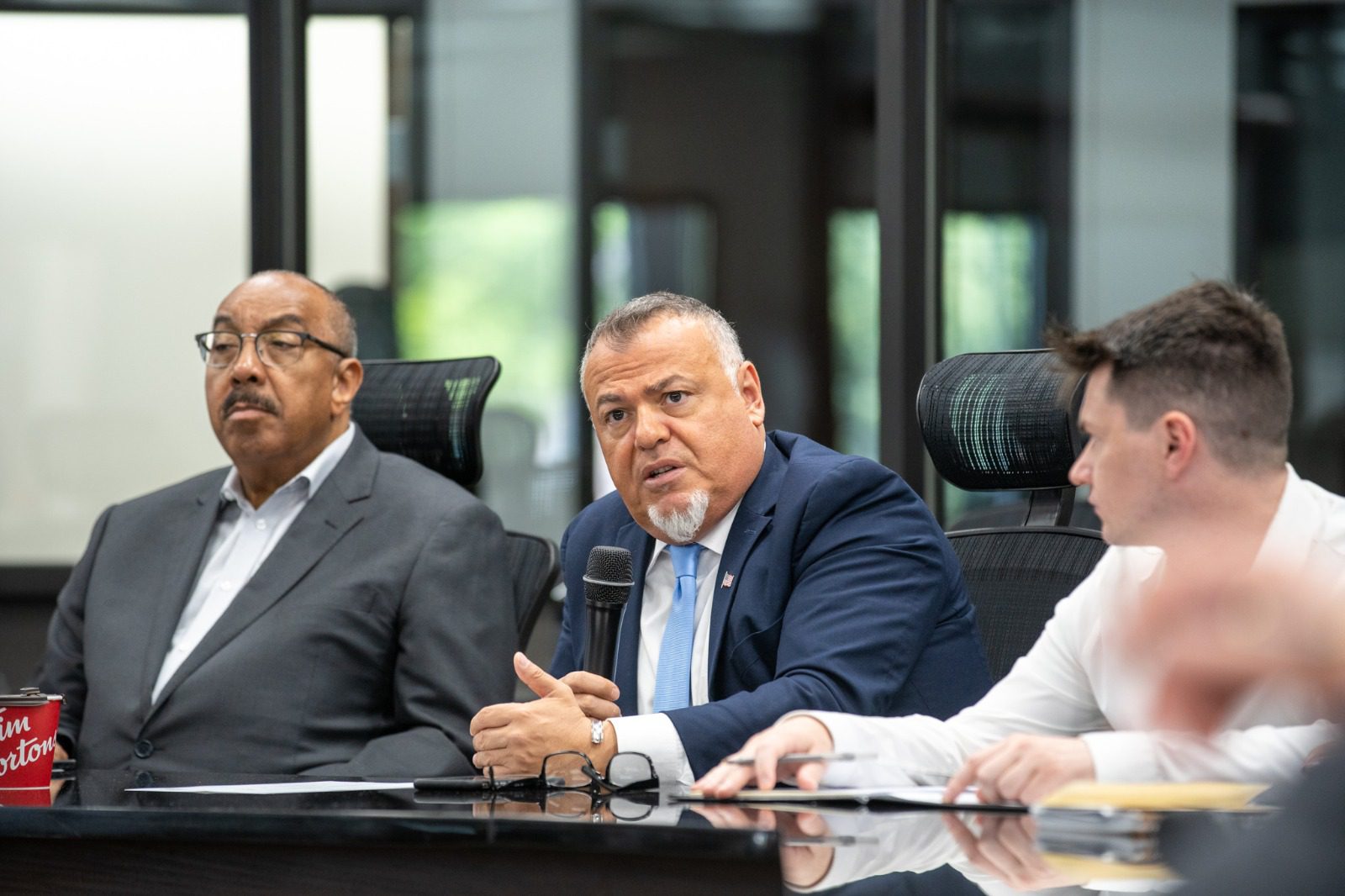



Leave a Reply